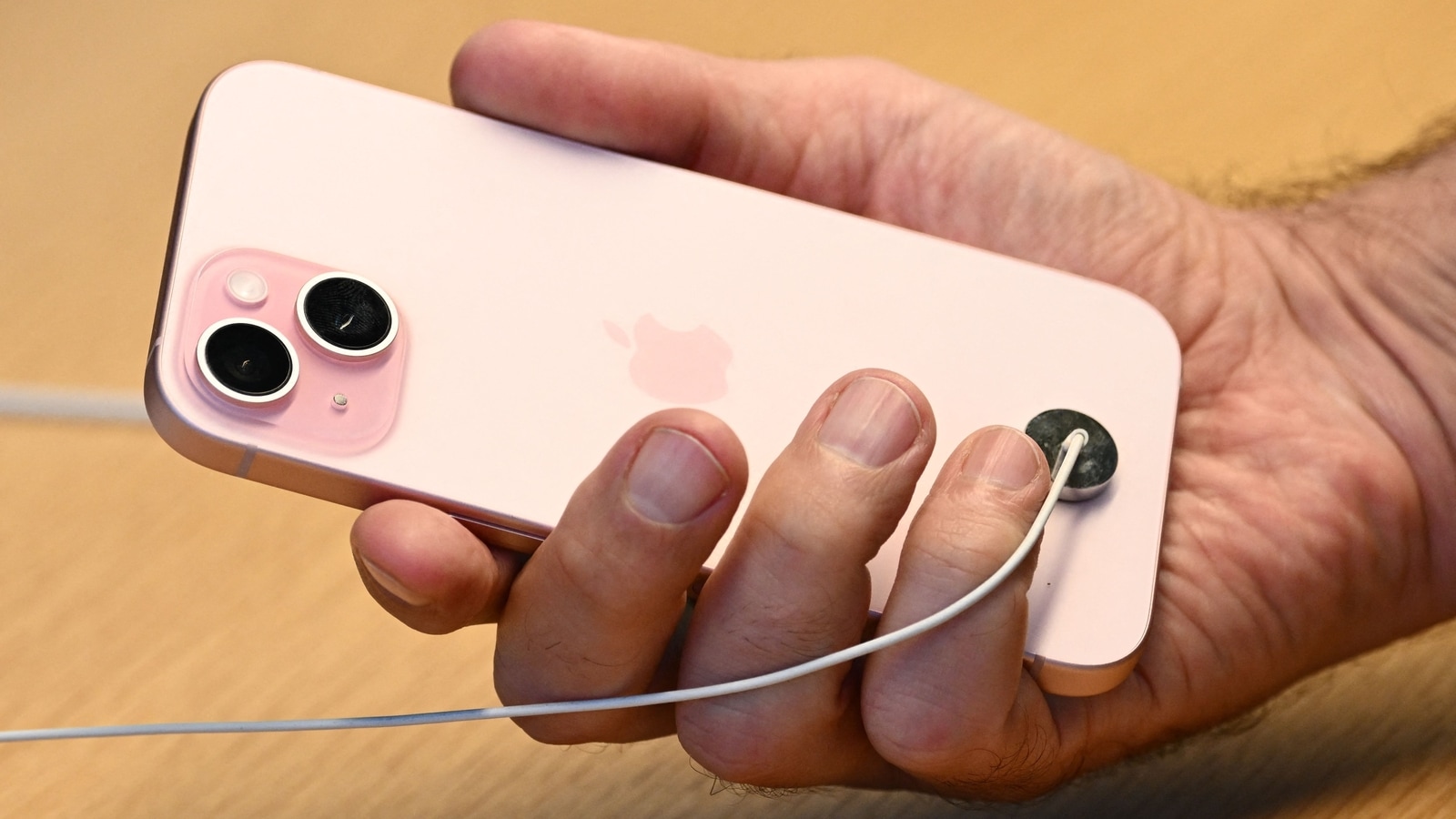Samuel Butler, a Midwesterner who became a top figure of the Wall Street legal world, advising on transformative takeovers and leading city institutions like the New York Public Library, died on Jan. 4. He was 94.
His death, at home in Manhattan, was confirmed by Naren Daniel, a spokesman for Cravath, Swaine & Moore, the law firm where Mr. Butler worked for 47 years.
Over a nearly five-decade career as a lawyer — 18 of those years as presiding partner at Cravath, one of Wall Street’s most elite firms — Mr. Butler became a go-to adviser on major mergers and acquisitions, helping to create some of today’s corporate giants.
He is also credited with helping Cravath, long known as a law firm to blue-chip companies like J.P. Morgan, get a piece of the deals boom that took off in the 1980s. He advised the drug maker Squibb in its sale to Bristol-Myers in 1989, Time Inc. in its 1990 merger with Warner Communications, CBS in its 1995 sale to the Westinghouse Corporation, Capital Cities/ABC in its 1995 sale to Walt Disney, and Salomon Smith Barney in its 1997 sale to Travelers Group.
“When you think about all the big deals that were going on in the ’80s and ’90s, Sam was right there,” Faiza Saeed, Cravath’s current presiding partner, who worked with Mr. Butler on the Capital Cities deal, said in an interview.
Mr. Butler himself played down his mergers credentials. “I do not regard myself as a classic M.&A. transactional lawyer,” he said in a 2004 town hall meeting at Cravath. “I would regard myself as a relationship lawyer.”
That was perhaps most evident in his decades-long bond with one of the most famous corporate deal makers of the modern era, Warren E. Buffett of Berkshire Hathaway. The two got to know each other in the 1970s, when Mr. Butler was a director of Geico, then a troubled auto insurer that suddenly found itself with a major new shareholder: Mr. Buffett, who had amassed nearly a fifth of the company’s shares.
The men, both sons of the Midwest, formed a friendship that eventually led to one of Mr. Butler’s highest-profile professional accomplishments. Mr. Buffett called him on July 27, 1995, a Thursday, saying he needed help with a transaction that was to be announced the following Monday: Disney’s takeover of Capital Cities, of which Berkshire was a major shareholder.
Mr. Buffett was worried that Capital Cities’ lawyers did not have enough experience with big-ticket transactions — and knew that Disney was led by Michael Eisner, a hard-nosed negotiator, Mr. Butler said in a 2007 interview with The Wall Street Journal.
When the Berkshire chief explained the situation to Mr. Butler, the lawyer cut him off, Mr. Buffett recalled, telling him, “We are taking the assignment.”
The two parties sprinted to finish the negotiations, and Disney’s takeover was announced as scheduled, on July 31.
“During Sam’s tenure at Cravath, everybody wanted him as their lawyer,” Mr. Buffett said in a statement. “Berkshire was lucky to have the opportunity to work with him.”
Samuel Coles Butler was born on March 10, 1930, in Logansport, Ind., to Melvin Butler, the business manager and co-owner of the Muehlhausen Spring Factory, and Jane (Flynn) Butler, a former schoolteacher.
During World War II, he attended Culver Military Academy, a preparatory boarding school in Culver, Ind., that he credited with challenging him academically. The school’s headmaster was an alumnus of Harvard, and persuaded Samuel, who was first in his class, to apply.
He did, and went on to earn both his undergraduate and law degrees there. He then clerked for the Supreme Court Justice Sherman Minton, and later served in the Army.
In 1952, he married Sally Thackston, whom he had met when he was 16. She died in 2023. He is survived by their three children, Sam, Leigh and Elizabeth; nine grandchildren; and eight great-grandchildren.
After military service, Mr. Butler interviewed for legal jobs in Atlanta, Cleveland, Dallas and Houston, hoping, as a self-described small-town kid, to avoid moving to New York City. But he realized that the best jobs were there, and in 1956 joined Cravath. He made partner in 1960.
Mr. Butler, who stepped down as presiding partner in 1998 and retired in 2003, was known among colleagues not only for his expertise in the law but for an unprepossessing manner and for promoting the work of younger lawyers. “He was not just the eminence grise, and everyone else was just a bag carrier,” Ms. Saeed said.
Beyond his work for corporate giants, he also represented the European Union and the European Investment Bank in American securities law matters for more than 40 years. Outside the office, he devoted his time to several nonprofit institutions, including his alma maters Harvard and Culver, the American Museum of Natural History, Vassar College and the September 11 Victim Compensation Fund.
Chief among those institutions was the New York Public Library, where Mr. Butler was a board member for 45 years and chair from 1999 to 2004. A prolific fund-raiser, he helped the library pay for building renovations and the expansion of its digital resources.
“He devoted enormous time and energy to keeping the library strong,” Ms. Saeed said. “He viewed that as part of his responsibility, as someone who had been fortunate to have success in business.”






